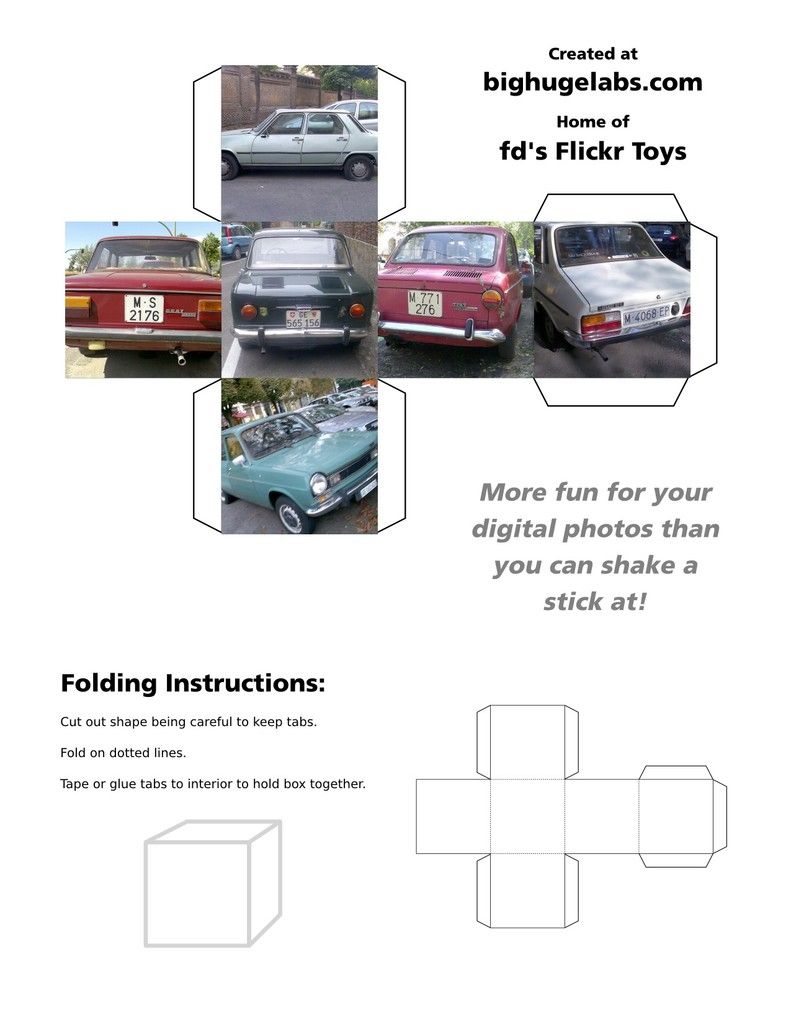The Fascinating Journey of British Documentaries: From Silent Films to the Digital Age
Evolution of Documentary Film Production in the United Kingdom
The landscape of British documentary filmmaking has undergone a remarkable transformation. From its humble beginnings in the silent era to the present day digital revolution, British documentarians have consistently pushed boundaries while maintaining a distinctive voice that resonates worldwide. This journey reveals not just technological progress but also Britain's evolving cultural identity and its relationship with truth-telling through film.
Britain's early filmmaking pioneers like Robert W. Paul and Cecil Hepworth created simple recordings of everyday life, establishing the foundations for one of Britain's greatest cultural exports. Even in these early stages, British filmmakers showed an interest in using cinema to document social realities, setting the stage for the unique British documentary style that would become their legacy.
John Grierson, the father of the documentary movement, and his definition of documentary as "the creative treatment of actuality," remains influential today. Grierson led the way with the establishment of the Empire Marketing Board Film Unit in 1927 (later the GPO Film Unit), marking the beginning of documentary filmmaking as a state-sponsored endeavor with a social purpose. This era produced visionaries like Humphrey Jennings and Basil Wright, whose work blended poetic sensibilities with social commentary, shaping the British documentary tradition.
World War II had a profound impact on British documentary production. The Crown Film Unit produced films that boosted morale and documented the nation's wartime experience. Humphrey Jennings' works, such as "London Can Take It!" (1940) and "Fires Were Started" (1943), demonstrated how documentary could rise above mere propaganda to achieve artistic expression while serving national purposes. This period cemented documentary's importance in British cultural life and laid the groundwork for post-war development.
Five Revolutionary Techniques Propelling UK Documentaries
Throughout its history, British documentary filmmaking has been driven by groundbreaking techniques.
- Direct cinema and observational documentary: Enabled by lightweight cameras and synchronized sound recording equipment in the 1960s and 1970s, British documentarians captured life with unparalleled intimacy and spontaneity. This approach allowed filmmakers like Roger Graef to produce landmark series like "The Space Between Words" (1972) and "Police" (1982), offering audiences unprecedented access to closed institutions.
- Creative archival storytelling: British filmmakers have redefined what archive-based documentaries can achieve by using existing footage as powerful narrative devices. Asif Kapadia's critically acclaimed works "Senna" (2010) and "Amy" (2015) exemplify this approach, creating immersive narrative experiences from archival material alone.
- Participatory documentary methods: British documentarians collaborate more closely with participants, redistributing power and creating profound revelations. The digitally-driven era has further enabled ongoing participation and collaboration through interactive platforms.
- Essay films and poetic documentaries: Influenced by European traditions and developing distinctive British characteristics, essay films blend factual content with artistic expression. Filmakers like Terence Davies ("Of Time and the City," 2008) and John Akomfrah ("The Nine Muses," 2010) have crafted poignant, thought-provoking documentaries using these approaches.
- Sound and music: Sound design and musical score are crucial components of British documentary storytelling, shaping emotional and cognitive resonance. Original scoring, music integration, and voice choices significantly impact the narrative's feel and effectiveness.
The Invisible Heroes - Producers in Award-Winning British Films
Producers play a crucial but often overlooked role in British documentary production. Despite their importance, they remain largely invisible while directors and on-screen talent receive the limelight. British producers wear multiple hats, functioning as creative visionaries, financial strategists, diplomatic negotiators, and project managers, all in the pursuit of creating compelling documentaries.
Financing mastery is essential for British documentary producers, particularly in the present increasingly complex funding landscape. They navigate a web of public funding sources, international co-production opportunities, private equity, broadcaster presales, and emerging platforms like crowdfunding. Post-Brexit, these challenges have intensified, requiring adaptive strategies and new international partnership approaches.
The success of British documentary production relies on the exceptional relationship management skills of producers. Internationally, producers function as cultural diplomats, building cross-cultural partnerships while representing British interests and values. Internally, they balance creative vision with practical constraints, manage stakeholder expectations, and foster cohesive production teams.
Crafting a Captivating Documentary Narrative
Creating narratives that captivate audiences requires understanding the foundations of British documentary storytelling. Successful British documentarians balance extensive research with openness to discovery during production, allowing developments to shape their narratives when needed.
Character development poses challenges specific to documentary contexts. British documentarians like Kim Longinotto excel at developing intimate connections with participants that reveal character depth and complexity over time. Crafting character arcs requires rigorous structural planning and ethical practices that prioritize authentic representation.
The visual, aural, and psychological dimensions of documentary storytelling play pivotal roles. British documentarians leverage sophisticated visual, sound, and music techniques to communicate emotional states, thematic elements, and narrative trajectories effectively.
The Art of Documentary Interviews: Expert Strategies for Authentic Storytelling
Preparation is key to successful documentary interviews. British documentary practitioners conduct rigorous research, engaging in deep investigation and secondary source analysis. Relationship-building before filming is essential, establishing trust between interviewer and subject. Question development requires strategic thinking, moving past superficial inquiries to thoughtful, well-crafted prompts that elicit reflection and revelation.
Technical considerations significantly impact interview dynamics. Location selection, camera placement, and sound recording practices all influence the atmosphere and emotional interactions between subject and interviewer. Respectful and ethical interview practices are essential in accessing genuine, revealing responses.
Post-interview considerations include balancing narrative needs with ethical and practical concerns. The responsibility for accurate representation, context maintenance, and ethical treatment of subjects must be weighed against the narrative's artistic and commercial aims.
Distribution: Festival Circuits to Streaming Platforms
The distribution landscape for British documentaries has transformed dramatically. Producers now develop strategic distribution plans that begin during project development, considering audience identification, timeline development, budget requirements, and marketing considerations.
Festivals remain critical for British documentary distribution, with the UK offering a robust festival ecosystem that provides opportunities for screening, networking, and strategic planning. Global festival targeting requires understanding each event's preferences, submission requirements, and strategic value.
Traditional distribution channels, such as theatrical release, broadcast, and educational markets, continue to evolve alongside digital platforms like Netflix, Amazon, and local streaming services like BBC iPlayer, All4, and BFI Player. Successful distribution requires navigating complex deal structures, rights retention, and competition for audience attention.
The Future: Emerging Technologies Reshaping British Documentary Production
British documentary production continues to embrace technological innovation. Artificial intelligence and extended reality technologies are revolutionizing production processes and shaping new forms of documentary expression.
Artificial intelligence is increasingly being used as a production tool for tasks like content analysis, automated editing, and strategizing. Virtual, augmented, and mixed reality technologies offer opportunities for immersive, engaging documentary experiences.
Virtual production techniques are finding innovative applications in British documentary contexts. LED volume and virtual set technologies allow for high-quality, efficient documentary recreations. Motion capture and performance digitization facilitate ethical representation of historical figures and inaccessible subjects.
The future of UK documentaries embraces remote and distributed production methodologies, reducing production costs, carbon footprints, and facilitating global collaboration. The British Academy of Film and Television Arts (BAFTA) promotes environmentally responsible digital workflows through its Albert initiative.
In conclusion, British documentary filmmaking will continue to evolve, driven by technological advancements while adhering to its traditional storytelling values. The pursuit of truth, authenticity, and artistic expression will remain central to this national tradition, ensuring its lasting impact and global influence.
- As technology progresses, we may witness an increased application of artificial intelligence in British documentary production, enabling tasks such as content analysis, automated editing, and strategic planning.
- The landscape of British documentary filmmaking could see a significant shift with the rise of extended reality technologies, leading to the creation of immersive, engaging documentary experiences in virtual, augmented, and mixed reality formats.







